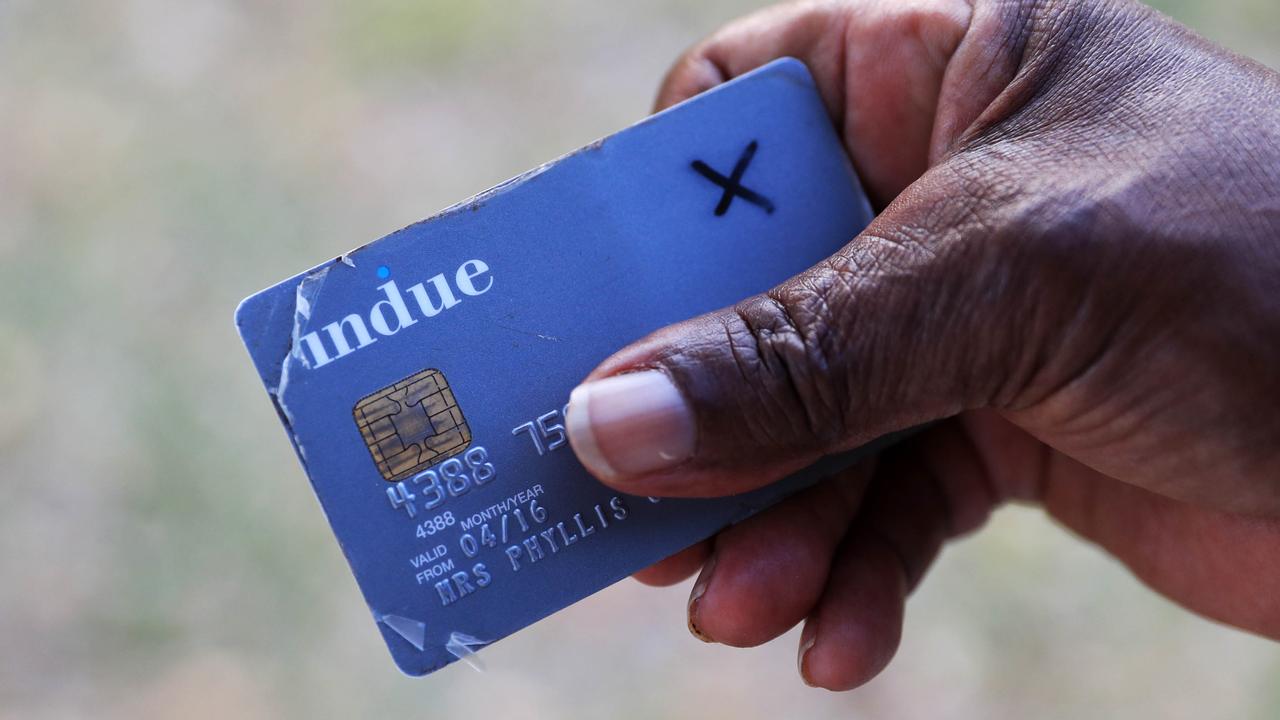Indigenous teens happy despite obstacles, landmark study shows
THE first study of the happiness levels of Indigenous teenagers has revealed they are as happy as non-Indigenous Australian adults.
THE first study of the happiness levels of Indigenous teenagers has revealed they are as happy as non-Indigenous Australian adults despite their higher levels of poverty and disadvantage.
But disturbingly, Indigenous teenage girls suffer significantly more depression than Aboriginal males.
The landmark study to investigate the happiness of Indigenous Australian teenagers has revealed a story of resilience in the face of adversity.
The RMIT University research involving 504 Indigenous adolescents found their levels of subjective wellbeing (SWB) - the scientific term for happiness - were on average comparable to that of non-Indigenous Australian adults.
But the results alarmingly show that 37.3 per cent of females are at-risk of depression or experiencing a "challenge" in their life; compared to 23.3 per cent of males.
And 62.7 per cent of females have normal levels of happiness, compared to 76.7 per cent of males.
Lead investigator Dr Adrian Tomyn said while there had been extensive research conducted on disadvantage among Indigenous young people, this study was the first to measure happiness - a human trait related to resilience.
"There is an assumption that because Indigenous Australians score poorly on objective measures of quality of life such as health, education, employment and housing, they would have equally poor levels of subjective wellbeing," said Dr Tomyn, a lecturer in RMITs School of Health Sciences.
"But our study has revealed that Indigenous adolescents are, on average, as happy with their lives as the general Australian population - a sign of great resilience in the face of adverse circumstances.
"While the average Indigenous teen is doing well, it is clear there is room for improvement, with our research showing that those who do struggle to cope with challenges in their lives score quite poorly on our happiness index."
Commissioned by the Department of Education, Employment and Workplace Relations, the study surveyed 504 Indigenous Australians aged 12-19 involved in DEEWRs program for disengaged young people, Youth Connections.
The survey used an established measure of SWB, the Personal Wellbeing Index School Children, which asks respondents to indicate their level of happiness with seven areas.
The results showed that the mean happiness score for the 504 young Indigenous Australians was within the expected Australian adult normative range.
And female Indigenous teens have significantly lower happiness than Indigenous males, and are four times more likely than males to score in the high-risk range.
Indigenous adolescents scored lower than mainstream Australian adults on the domains of "Standard of living", "Achieving in life" and "Future security". However, Indigenous adolescents scored higher on the domains of "Community connection", and "Safety".



